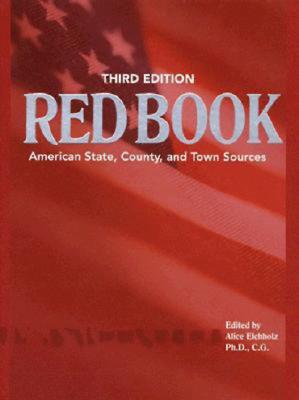
Agriculture has been central to Irish life for millennia and though in recent decades there have been significant social, economic and demographic changes, the people of Ireland are still generally thought of in terms of their historic relationship with the land.
The aim of this book is to help those with roots in the farming communities of Ireland find out more about their ancestors. Throughout this volume, attention is drawn to the richness of the documentation held in archives and libraries on the island of Ireland, as well as highlighting a selection of material found beyond these shores.
Prior to the late nineteenth century very few farmers owned their farms outright, but rather were tenants on an estate. Considerable attention is given to the records generated by the management of landed estates in Ireland and how these can help uncover much about the lives of farming families. As the result of legislation passed in the late 1800s and early 1900s, the estate system came to an end and an owner-occupier class of farmers was created. The records relating to this major period of change are highlighted and discussed.
There are also chapters on the Registry of Deeds, Valuation records, registers of freeholders and the Encumbered Estates Court and its successors, as well as material created by farmers, such as diaries and account books, and the records of farming organisations, including agricultural improvement societies and the co-operative movement. A final chapter considers documentation relating to agricultural labourers, cottiers and farm workers.
A farmer's son from County Tyrone, Dr William Roulston is the author of Researching Scots-Irish Ancestors (2nd edition, 2018) and Researching Presbyterian Ancestors in Ireland (2020).







